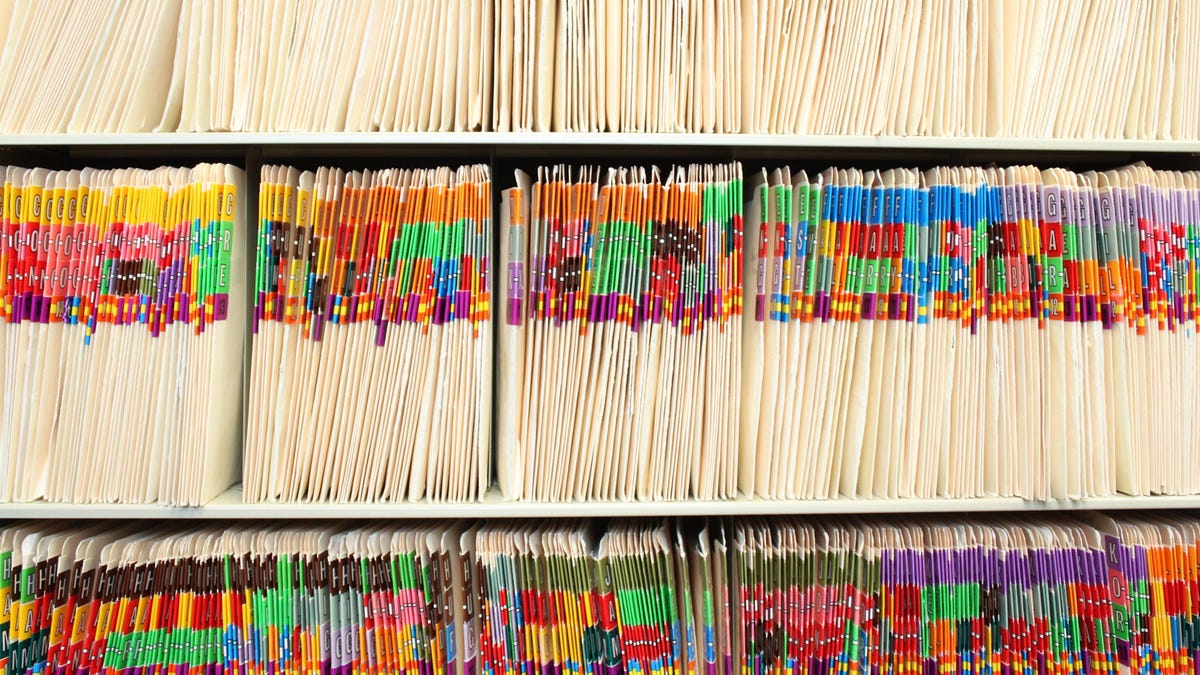How to Locate Your Complete Vaccination Record - 4 minutes read

With more and more cities and business considering demanding proof of COVID vaccination before allowing you to do fun pre-pandemic things like see a movie or eat at an indoor restaurant, you have probably already thought about what you would do if you lost your vaccination card. However, what about the records of all the other vaccines, including the ones you can’t even remember getting? Before we all got the COVID-19 vaccine, we were vaccinated against diseases such as measles, mumps, polio, hepatitis and all of the other scheduled childhood vaccines.
There are a number of situations you might need to prove your vaccination status for these diseases too, such as when you’re enrolling in a university or traveling abroad. Just as with the COVID-19 vaccine, there is no national database or organization that tracks this information, which means if you do lose your records, you will need to go hunting for them.
Given the years and/or decades that may have elapsed since getting these shots, this process can get complicated—especially if you’ve moved a lot or are no longer in contact with your family. However, there are ways to either locate your complete record, or at least prove you’ve gotten vaccinated in the past.
Where to look for your childhood vaccination records
According to the CDC, here are some potential ways to locate your vaccination records:
Ask parents or other caregivers if they have records of your childhood immunizations.
Try looking through baby books or other saved documents from your childhood.
Check with your high school and/or college health services for dates of any immunizations. Keep in mind that generally records are kept only for 1-2 years after students leave the system.
Check with previous employers (including the military) that may have required immunizations.
Check with your doctor or public health clinic. Keep in mind that vaccination records are maintained at doctor’s office for a limited number of years.
Contact your state’s health department. Some states have registries (Immunization Information Systems) that include adult vaccines.
You may also have to call the hospital where you were born, as the first dose of the Hepatitis B vaccine is usually administered at birth.
If you hunt enough, there’s a good chance you can find documents somewhere showing proof of your childhood vaccinations, whether they are the originals, or later forms which required proof of vaccinations. Wherever you think these may be, start digging, in the hopes that you can unearth the proof you need.
What if you can’t find these records anywhere?
If you have searched and searched and searched, called every doctor’s office and hospital that may have your records, and exhausted every other possibility you can think of, there are still options available to you. For starters, if you really need to, you can get the vaccines again. Granted, it’s not fun having to go through another round of shots, but it is safe to do so.
The other option is that for certain vaccines, such as chickenpox, measles, mumps, rubella, and Hepatitis A, B, and C, you can get an antibody titer in order to demonstrate your immunity. This process can demonstrate immunity even if you contracted the disease, rather than getting the vaccine.
For example, the chickenpox vaccine came out in 1995, which means there are still a lot of people who gained their immunity from contracting the disease, rather than getting vaccinated. Running an antibody titer will show whether you have antibodies against the varicella virus, though the test won’t differentiate between whether you were vaccinated against it or contracted the disease as a kid. Either way, you have the antibodies that demonstrate your immune system can defend against the virus, which is what whoever is asking you for your records actually wants to know.
How to store your vaccination records and avoid doing this all over again
If you, like so many of us, are rather absent-minded about paperwork, once you’ve done the hard work of tracking down your records, you’ll want to avoid having to do it all over again the next time. (Your future self will thank you.)
In order to avoid having to locate your records again, take the advice of the Immunization Action Coalition: deliver your proof of vaccination to either your healthcare provider or local public health clinic and ask them to enter your vaccination information into an official record. If your state or local public health board has an immunization registry, send it there as well. This will give you a “provider-verified” record, which is often a requirement for showing proof of vaccination anyway. The more places that have this information, the better off you will be.
Source: Lifehacker.com
Powered by NewsAPI.org